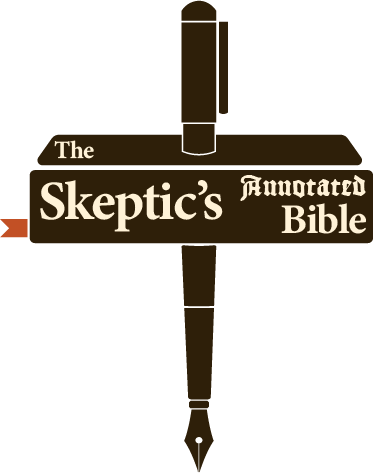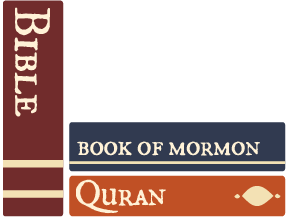1 When a man hath taken a wife, and married her, and it come to pass that she find no favour in his eyes, because he hath found some uncleanness in her: then let him write her a bill of divorcement, and give it in her hand, and send her out of his house.
Moses continues his instructions to the Israelites, saying,
If a man takes a wife and finds some uncleanness in her, he may divorce her. [1]
2 And when she is departed out of his house, she may go and be another man's wife.
After the divorced woman leaves her former husband's house, she may become another man's wife.
3 And if the latter husband hate her, and write her a bill of divorcement, and giveth it in her hand, and sendeth her out of his house; or if the latter husband die, which took her to be his wife;
4 Her former husband, which sent her away, may not take her again to be his wife, after that she is defiled; for that is abomination before the LORD: and thou shalt not cause the land to sin, which the LORD thy God giveth thee for an inheritance.
If her new husband hates her and divorces her, or if he dies, her former husband my not take her again to be his wife.
Because that is an abomination to God.
5 When a man hath taken a new wife, he shall not go out to war, neither shall he be charged with any business: but he shall be free at home one year, and shall cheer up his wife which he hath taken.
A recently married man shall not fight in wars or conduct business.
He is free for one year to cheer up his new wife.
6 No man shall take the nether or the upper millstone to pledge: for he taketh a man's life to pledge.
Don't take a millstone for a pledge, because that's like taking his life.
7 If a man be found stealing any of his brethren of the children of Israel, and maketh merchandise of him, or selleth him; then that thief shall die; and thou shalt put evil away from among you.
If a man steals an Israelite and sells him as a slave, then that man must be killed. [2]
8 Take heed in the plague of leprosy, that thou observe diligently, and do according to all that the priests the Levites shall teach you: as I commanded them, so ye shall observe to do.
Obey the laws of leprosy that the priests teach you, as I commanded them. [3]
9 Remember what the LORD thy God did unto Miriam by the way, after that ye were come forth out of Egypt.
10 When thou dost lend thy brother any thing, thou shalt not go into his house to fetch his pledge.
11 Thou shalt stand abroad, and the man to whom thou dost lend shall bring out the pledge abroad unto thee.
12 And if the man be poor, thou shalt not sleep with his pledge:
13 In any case thou shalt deliver him the pledge again when the sun goeth down, that he may sleep in his own raiment, and bless thee: and it shall be righteousness unto thee before the LORD thy God.
Remember what God did to Miriam. [4]
14 Thou shalt not oppress an hired servant that is poor and needy, whether he be of thy brethren, or of thy strangers that are in thy land within thy gates:
Don't oppress the poor, whether they are servants, neighbors, or strangers. [5]
15 At his day thou shalt give him his hire, neither shall the sun go down upon it; for he is poor, and setteth his heart upon it: lest he cry against thee unto the LORD, and it be sin unto thee.
Pay your workers at the end of each working day.
16 The fathers shall not be put to death for the children, neither shall the children be put to death for the fathers: every man shall be put to death for his own sin.
Fathers shall not be killed for the sins of their children.
Children shall not be killed for the sins of their fathers.
Every man shall be killed for his own sin. [6]
17 Thou shalt not pervert the judgment of the stranger, nor of the fatherless; nor take a widow's raiment to pledge:
18 But thou shalt remember that thou wast a bondman in Egypt, and the LORD thy God redeemed thee thence: therefore I command thee to do this thing.
Be kind to widows, orphans, fatherless children and strangers.
19 When thou cuttest down thine harvest in thy field, and hast forgot a sheaf in the field, thou shalt not go again to fetch it: it shall be for the stranger, for the fatherless, and for the widow: that the LORD thy God may bless thee in all the work of thine hands.
20 When thou beatest thine olive tree, thou shalt not go over the boughs again: it shall be for the stranger, for the fatherless, and for the widow.
Share whatever you have with them.
21 When thou gatherest the grapes of thy vineyard, thou shalt not glean it afterward: it shall be for the stranger, for the fatherless, and for the widow.
22 And thou shalt remember that thou wast a bondman in the land of Egypt: therefore I command thee to do this thing.
Leave some of your harvest, olives, and grapes for strangers, the fatherless, and widows. [7]





 24:1-4
24:1-4

 24:5-22
24:5-22